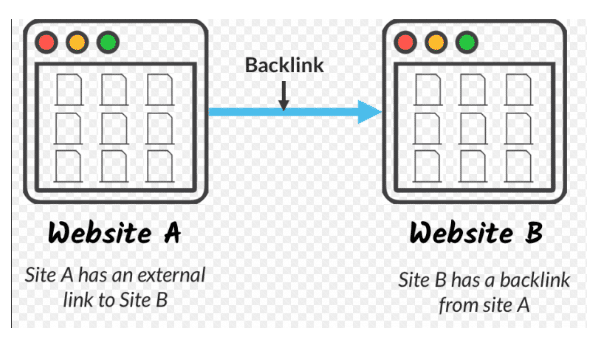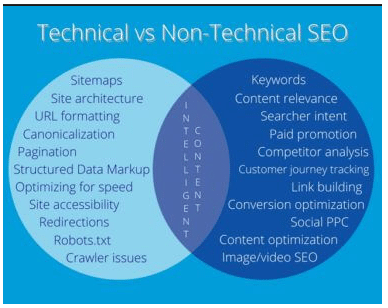What Does SEO Stand For?
The term “search engine optimization” (SEO) refers to methods that help enhance the visibility of a website on the results pages of internet search engines. These methods include on page SEO technical processes that largely take place behind the scenes. They also include “off-page” promotional approaches, such as social media marketing and link building. Understanding SEO is essential to achieving a strong ROI on your content marketing efforts.
In SEO-specific terms, visibility equates to a high placement on search engine results pages (SERPs). The higher up the SERP a website is, the more visibility it has, and the stronger the likelihood is of it being noticed and visited by web searchers. Therefore, one of the main goals of SEO is to achieve a higher site ranking on SERPs.
How Does SEO Work?
So much for what it is…how does SEO work?
Although there are several techniques and processes involved, the way that SEO works is pretty simple. Search engine bots called “spiders” crawl through the web, indexing pages that they encounter. Search engines then utilize complex algorithms to compare web pages with similar content. Pages considered to have higher quality content or to be extremely relevant to specific searches tend to rank higher than other pages.
Search engines are basically all about providing better value to web searchers. In general, pages with high-quality content rank higher on Google and other search engines. But search engines also aim to provide results that are more relevant to terms that searchers typically input when looking for specific information or a specific website. Therefore, the quality of the content isn’t the only factor that determines search engine rankings. This content should also provide value to web searchers. After all, it is Google’s mission “to organize the world’s information and make it universally accessible and useful.”
Other considerations also come into play when determining SERP rankings. For instance, search engines use their spiders and algorithms to determine how easy it is to read and navigate a particular web page. All other factors being equal, a user-friendly site is more likely to get a high Google ranking than a site that is difficult or confusing to navigate.
The Benefits of SEO
An effective SEO campaign provides many benefits. One of the most significant is having higher site rankings on the results pages of Google and other search engines. A high site ranking can be tremendously beneficial to a website, making it more likely to attract organic traffic that consists of visitors who are already interested in what you sell.
By attracting high-quality, organic traffic to your website, your chances of converting site visits to sales increase exponentially. This is why SEO can have such a high ROI.
SEO essentially enables you to land your site in front of a captive audience. This is an audience that is already interested in what you have to offer, whether it’s a product or a service. When used strategically, SEO enables you to move site visitors through the buyer’s journey via valuable content and strong call to actions.
It is also worth noting that SEO is a long-term strategy that will provide many of the same benefits as paid advertising at a much lower cost. Even if you already have an effective advertising campaign in place, SEO could provide an added advantage to your overall marketing efforts.
SEO Basics
At the heart of effective SEO are keywords, quality content, backlinks, and a variety of technical factors. Let’s take a closer look at each of these elements.
Keywords
Keyword usage is one of the most important aspects of effective SEO. Keywords are words and phrases that people type into search engines when looking for information or a specific website.
The first step toward effective keyword utilization is identifying the words and phrases that searchers are most likely to type in when looking for a site similar to yours. You should also consider variations and word combinations that searchers may type in when looking for your site or service.
The best keywords for your site will be those that relate to a direct need, idea or question that your audience is asking about the service or product you sell. In many instances, the audience doesn’t even realize it’s your product that they need. All they know is they have a problem and they need it fixed. It’s your goal to educate them on the problem and bring solutions to the table, one of which is your solution. This is why keywords that related to searches your audience might perform when coming across your site is also key to effective keyword usage.
One of the best tools we’ve found that helps us do keyword research is called Keywords Everywhere. It’s a neat, browser-based extension that gives you extremely helpful information relating to keyword search volume and competition.
The extension give you search volume and competition estimates based on the keyword or long-tail keyword that you type into Google’s search box.It also gives you a list of relevant keywords and phrases, allowing you to carefully choose and use keywords for your SEO campaigns.
For maximum effectiveness, make your keywords relevant to the intended audience and encourage them to take action via multiple CTAs throughout each piece of content that you publish. This applies whether it’s a blog post, landing page or sales page.
The most effective SEO campaigns utilize keywords in a way that appeals to the target audience and also takes into consideration how search engines assess the value and relevance of those keywords.
Using keywords effectively is tricky. With most websites, the tendency is to develop content and then find ways to attract users to that content via strategic keyword placement and usage. But this approach has its limitations. In many cases, it’s better to determine what users need from a particular site or service, then create content that will appeal to them. With this approach, keywords fit naturally within the content instead of being added as an afterthought. The resulting content is already relevant to searchers and has a better chance of ranking higher on search engines.
Content
“Content is king.” How often have you heard this statement uttered in reference to SEO? Even with the many changes in ranking algorithms over the years, this statement is still true to this day.
Content is what mainly provides value to a website. It provides information on products or services that customers are looking for and allows visitors to learn more about the company behind the website as well.
The quality and type of content are especially important when the goal of the website is to encourage a specific action. For e-commerce websites, the content should not only attract customers to the site but also encourage them to make a purchase. You will almost always find that regardless of the type of website, visual content performs better at grabbing the audience’s attention. This is especially true when the content comes in the form of an infographic or explainer video. In fact, your audience prefers video content.
 Backlinks
Backlinks
A high search engine ranking boosts the reputation of a site, making it seem more respectable and trustworthy when compared to lower-ranking sites. But SEO can boost the reputation of a website in other ways too. With the strategic use of backlinks, websites boost their credibility and provide more value to site visitors at the same time.
Think of backlinks as a sort of ‘upvote.’ When an external site links back to your own, it’s as if the site hosting the link has given you a vote of confidence. In effect, the external site is saying that your website is trustworthy or is an authority on a particular subject matter. Backlinks to your site are highly regarded by search engines, and your site will likely get a higher SERP ranking as a result.
The value of backlinks goes the other way as well. Linking to authoritative sites from your website indicates that you are interested in providing more value to your audience. In most cases, search engines will reward you for providing your visitors with convenient links to other sources of information.
So how do you get a good number of backlinks to your website? As with most other factors related to SEO, content distribution is key. Apart from ensuring that your site has quality content, you might consider hosting infographics or informational videos too. Information-oriented sites are always interested in good graphics and videos. If you can provide quality video or graphics content, you have a better chance of attracting links from other sites.
Technical SEO
Most of what we’ve covered so far involves elements that are visible on the web page. But other SEO elements largely remain unseen. The more technical aspects of SEO are just as important as the visible elements, and they could give your website added advantages beyond effective keyword usage, content development, and external linking.
The technical aspects of SEO mainly revolve around making your site as efficient and as responsive as possible. Always optimize title tags and headlines for length and keywords, but remain descriptive and easy to understand. You should also look into optimizing your meta descriptions with the most important keywords, placing those keywords closer to the start of the sentence.
There are many other technical factors to take into consideration when optimizing a website for search engines. In general, you want your site layout to be as logical as possible. Make it easy to navigate and take measures to ensure its load time is reasonable. If you can accomplish these goals, your site is more likely to achieve a high ranking on the SERPs.
Need some help with SEO? IGW specializes in helping clients achieve higher rankings by creating text and visual content that focuses heavily on SEO best practices. Our on page SEO services in particular are second to none.

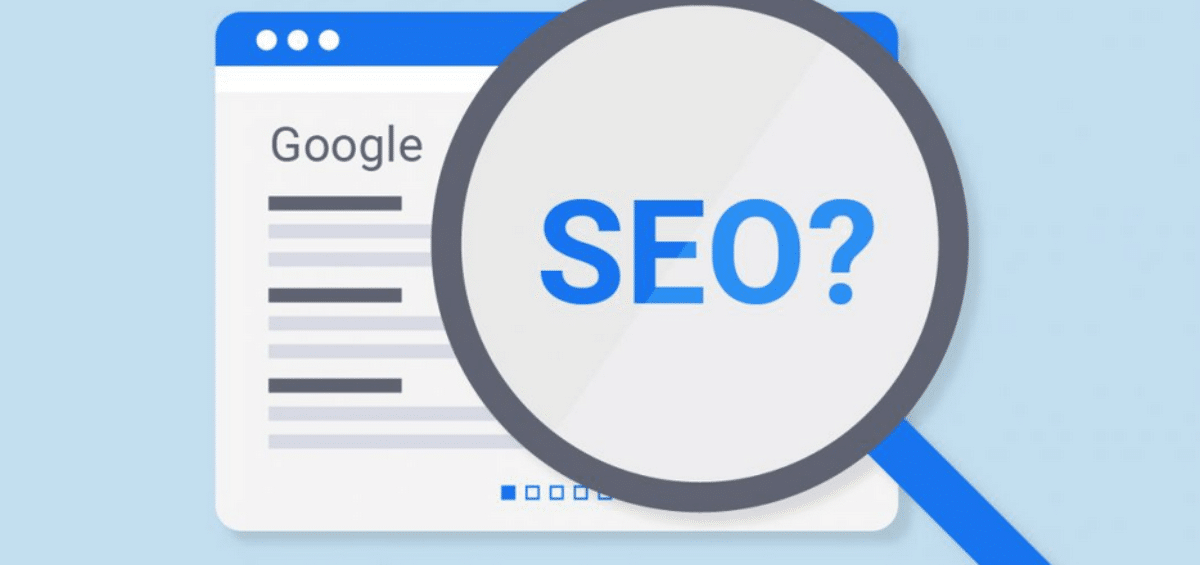
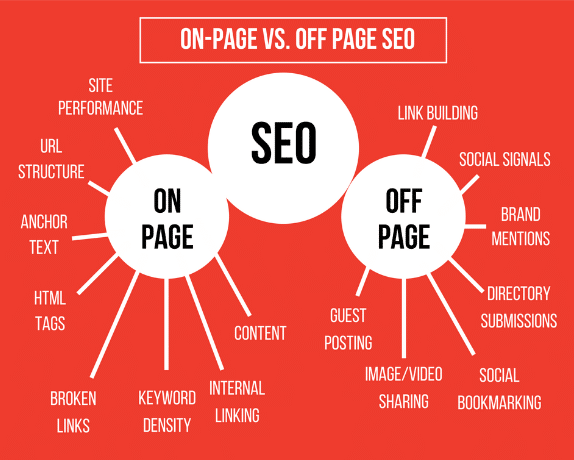
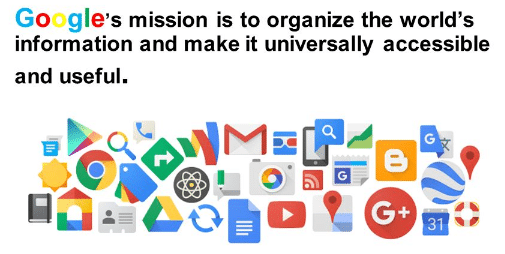
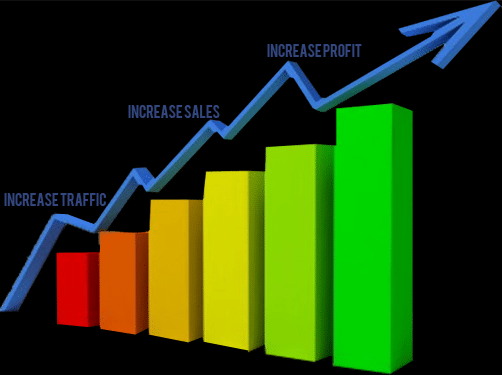

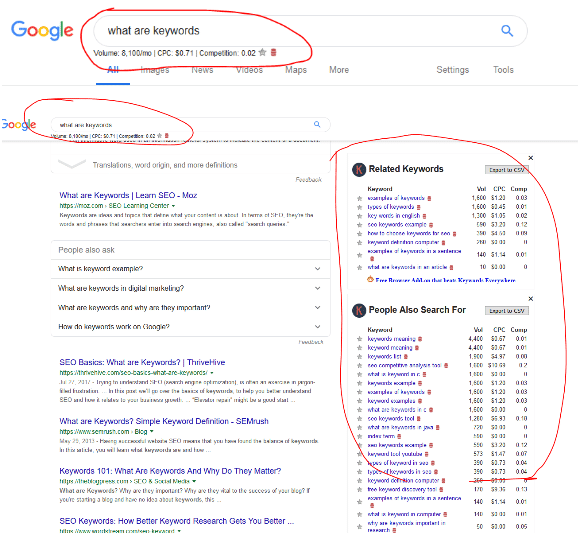
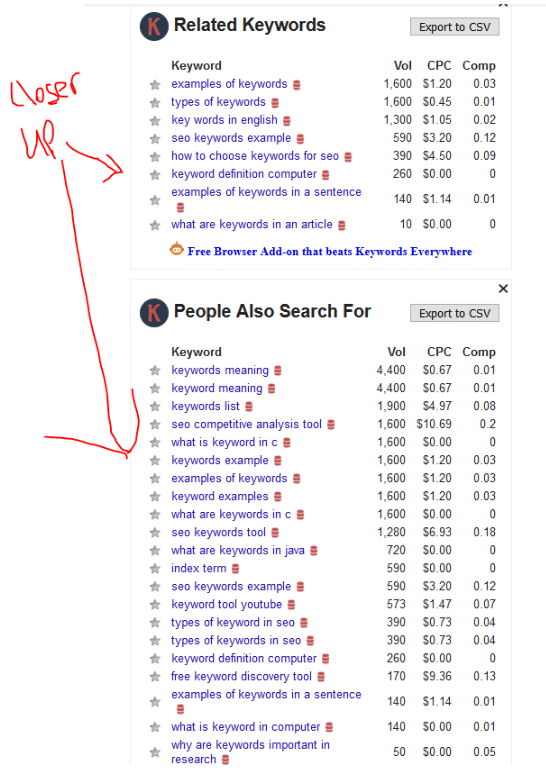
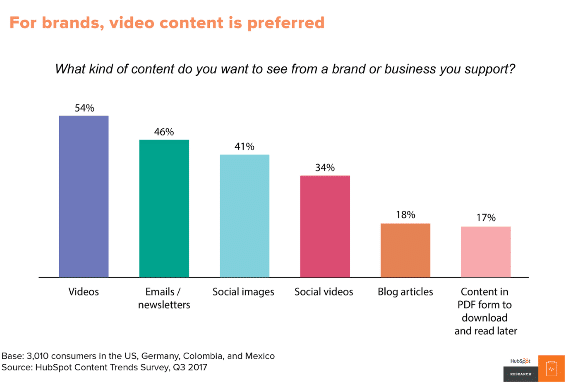 Backlinks
Backlinks